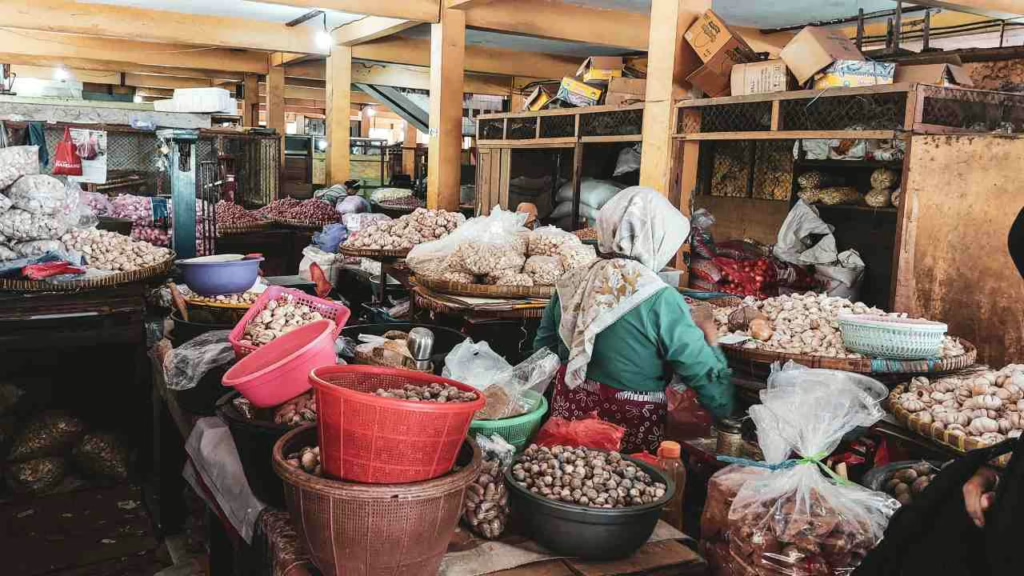Author: Riatu M. Qibthiyyah and Fauziah Zen
Executive Summary
During the COVID period, a form of remote working, work from home, is adopted in the workplace and/or is opted by the workers. Based on SAKERNAS August 2020 survey, 10.39% of salaried workers worked from home during this early period of the COVID-19 pandemic. Exploring on factors affecting the choice of remote working, we ?nd vulnerable populations, as in the case of women and disabled workers, have a higher probability of working remotely from home. However, married workers correlated with a lower probability of working from home. Across sectors, manufacturing, transport, hotel and restaurant sectors are positively correlated with a higher probability of working remotely, and the reverse for the case of health and social and the government sector in general. In this early pandemic period, salaried workers who work from home mostly experienced a lower or the same level of hours work compared to the period before the COVID-19 pandemic. There seems to be divergence on the bene?ts of working from home, as from descriptive, an increase in earnings is dominated by workers with a relatively high wage rate.




